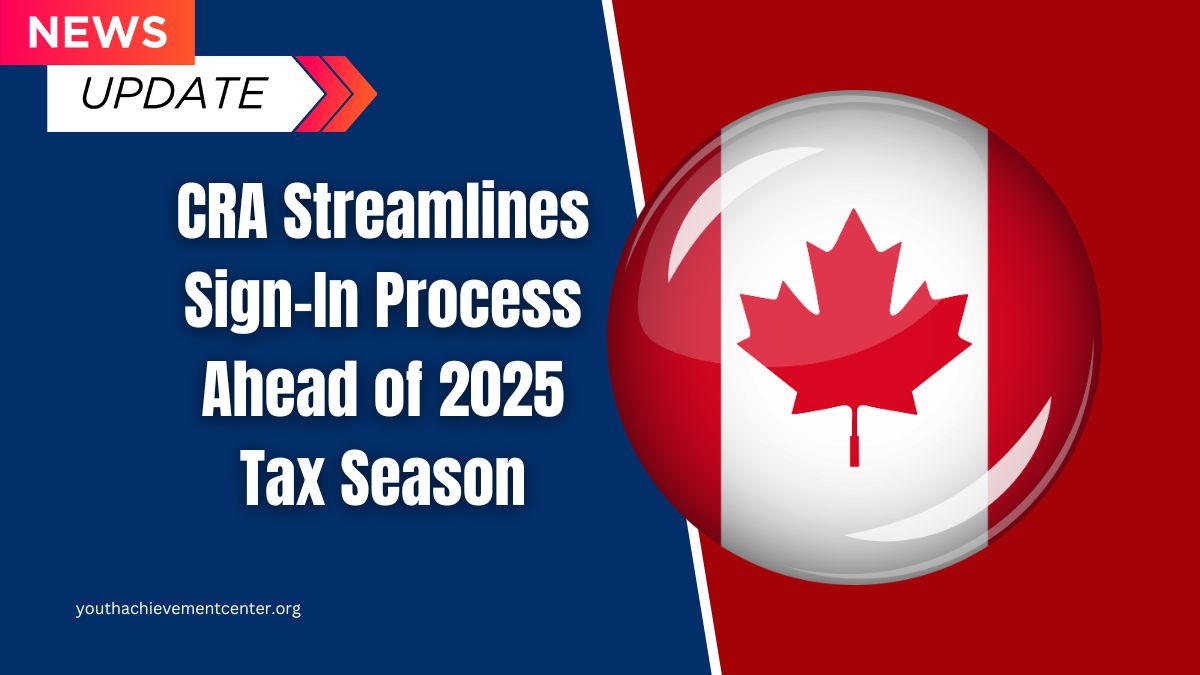The retirement age plays a crucial role in determining when individuals can claim full Social Security benefits. Historically, the standard retirement age was 65 since the program’s inception. However, after the near-collapse of the Social Security program in the 1980s, the retirement age began to increase incrementally, eventually aiming to reach 67 years for most beneficiaries.
This adjustment was gradual, ensuring those nearing retirement were not caught off guard. As of now, individuals born after 1960 have a full retirement age of 67, while those born before 1960 retire at various ages between 66 and 67. Beginning January 2025, additional changes will impact individuals born in 1958, altering the specific months they reach their full retirement age.
How Retirement Age Changes Will Affect You
For those nearing retirement, understanding the exact month when full Social Security benefits become available is vital. The following table outlines when individuals born in 1958 will reach their full retirement age:
| Birth Month | Full Retirement Age Month |
|---|---|
| May 1958 | January 2025 |
| June 1958 | February 2025 |
| July 1958 | March 2025 |
| August 1958 | April 2025 |
| September 1958 | May 2025 |
| October 1958 | June 2025 |
| November 1958 | July 2025 |
| December 1958 | August 2025 |
| January 1959 | November 2025 |
| February 1959 | December 2025 |
These changes aim to clarify when retirees can expect their full benefits and help them plan their claims accordingly.
Why Full Retirement Age Matters
The full retirement age determines the exact point at which retirees are eligible to receive 100% of their Social Security benefits. Although retirees can claim benefits earlier or later than their full retirement age, this age serves as the baseline for calculating benefit reductions or increases.
Early Retirement Reductions
Retirees who claim benefits early, such as at age 62, experience a reduction. For those born in 1960 or later, claiming at 62 results in a 30% benefit reduction. The reduction rate depends on the number of months before the full retirement age:
- For the first 36 months, benefits are reduced by 0.55% per month.
- Beyond 36 months, the reduction is 0.42% per month.
This means claiming benefits 60 months early leads to the maximum reduction of 30%.
Popular Retirement Ages: Early Claims and Medicare Eligibility
Despite the reduction, many retirees still choose to claim benefits at age 62. Another popular age is 65, due to Medicare eligibility. Medicare significantly reduces healthcare expenses, making age 65 an appealing option for those who want to stop working. At this age, retirees receive approximately 87% of their full benefits, which is a less severe reduction compared to earlier claims.
Delayed Retirement: Maximizing Benefits
For those who can afford to wait, delaying benefits until age 70 can result in receiving 124% of their full retirement benefit. However, this strategy is less common and typically pursued by individuals who can continue working or sustain themselves financially without claiming benefits early.
FAQs
1. What is the full retirement age for someone born in 1958?
Individuals born in 1958 will reach their full retirement age between January and August 2025, depending on their birth month.
2. How does early retirement affect Social Security benefits?
Claiming benefits early, such as at age 62, can lead to a reduction of up to 30%, depending on how many months early the claim is made.
3. Why is age 65 still a popular retirement age?
Age 65 remains popular due to Medicare eligibility, which significantly reduces healthcare costs for retirees.
4. What happens if I delay claiming benefits until age 70?
Delaying benefits until age 70 allows retirees to receive 124% of their full benefit amount, maximizing their payout.
5. Can I still work while claiming Social Security benefits?
Yes, you can work while claiming benefits, but income limits apply before reaching full retirement age, which may reduce your benefits temporarily.
This overview highlights the importance of understanding retirement age changes and their impact on Social Security benefits, enabling future retirees to make informed decisions about their financial future.







